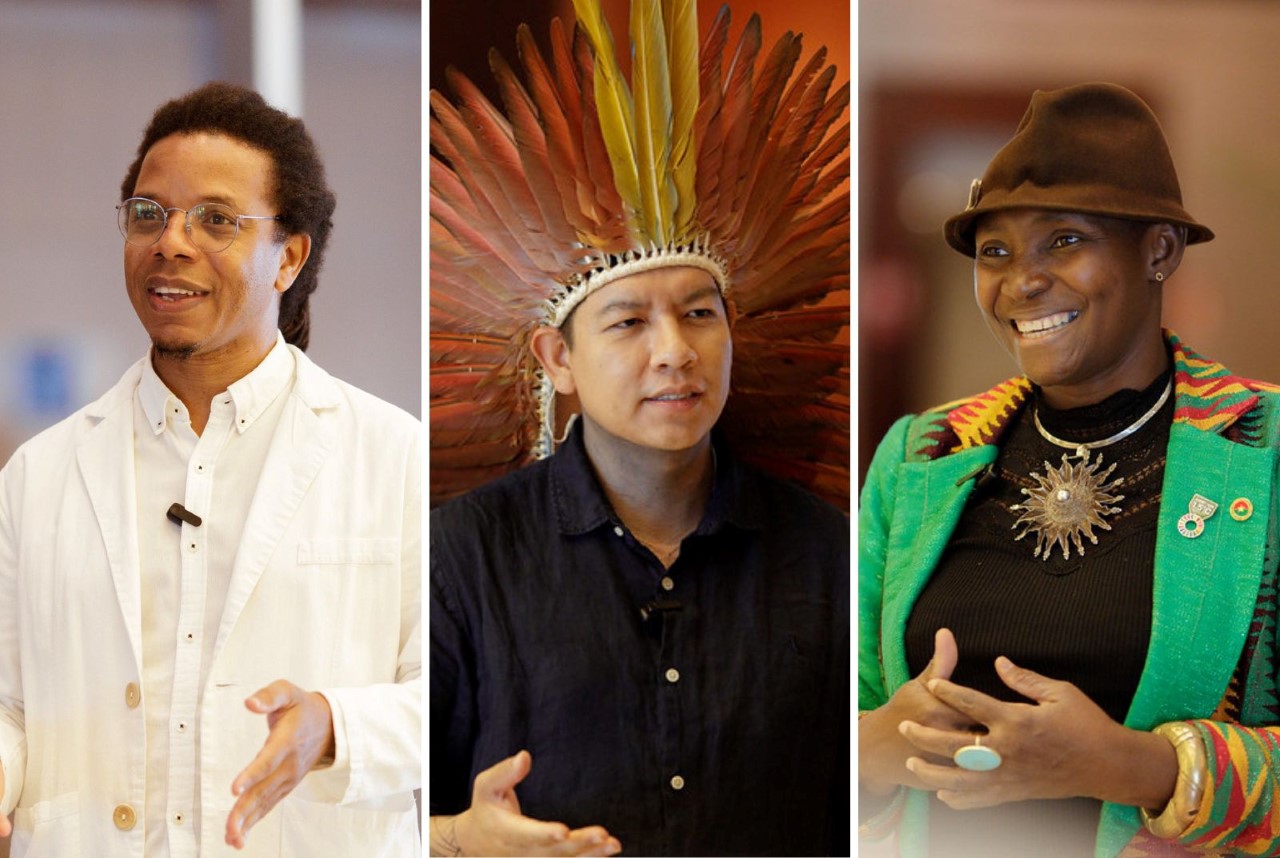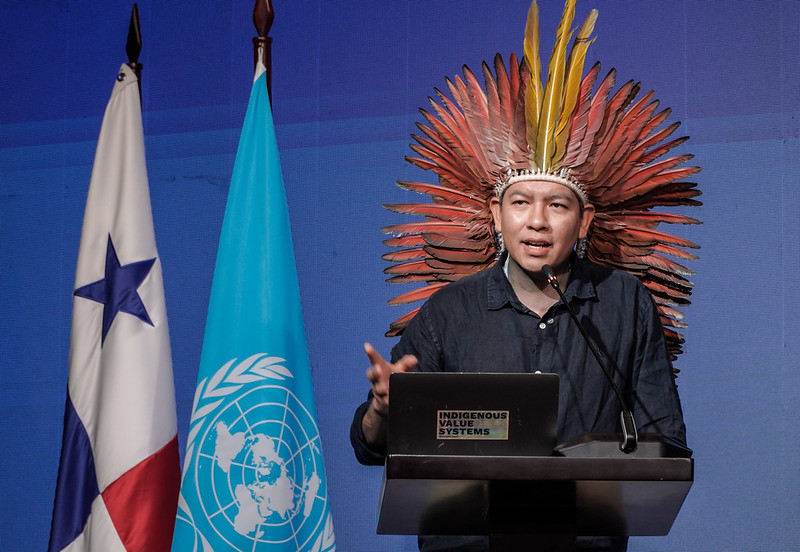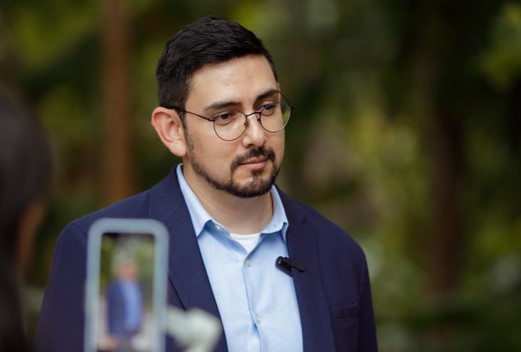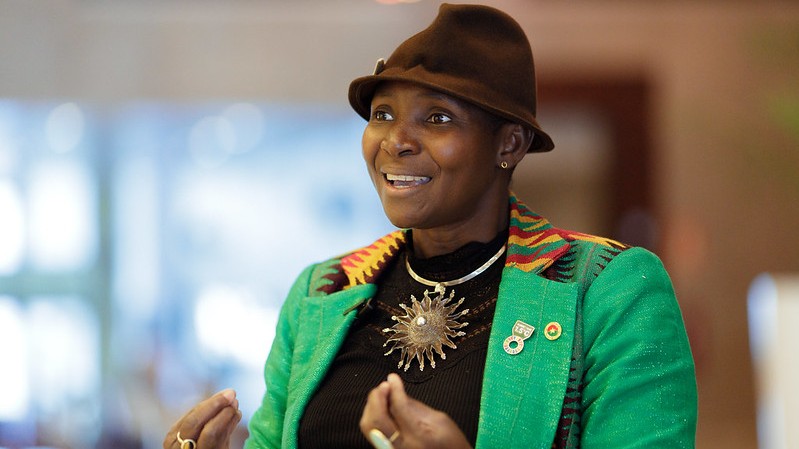Burkinidi, minka, and balu wala: Learn about the many versions of COP30's "Global Mutirão"
The same term chosen by its presidency to mobilize the international community for climate action has been translated into indigenous and African languages

By Mayara Souto / COP30
The term “Mutirão”, originally from the Tupi-Guarani language and translated here as "Global Mutirão" (meaning "collective efforts"), was adopted by the COP30 presidency as a slogan to encourage climate action worldwide. During Panama Climate Week, the word took on different forms and meanings in various cultures, especially Indigenous and African ones.

"As Indigenous people, we understand “Mutirões” as local, community-based mobilizations that we have engaged in since childhood, both within and outside our communities, to defend Indigenous rights and promote community well-being. “Mutirões” occur worldwide in various forms, including education, health, environmental initiatives, and more," explained Eric Terena, an Indigenous activist from Mato Grosso do Sul. He introduced the term during the Implementation Forum, a pivotal event at the United Nations Framework Convention on Climate Change (UNFCCC), which was co-created by the COP30 Presidency.
Even within Brasil, the term has different regional variations. "Coming from the Amazônia region, we have a similar word to ‘Mutirão’: ‘puxirum’. We invite people to 'make a puxirum,' whether to lay concrete, plant crops, or build a house. "I hope that the ‘Mutirão’ and ‘puxirum’ movements will lead us away from fossil fuels and toward social justice, and demonstrate the deep relationship between people and their territories at COP30," stressed Hannah Balieiro, Executive Director of the Mapinguari Institute.

This concept is also recognized in other Latin American countries. "Mutirão is very similar to the Spanish word ‘minga’, which comes from the Quechua word ‘minka’, meaning collective community work. It is typically used in rural areas where people voluntarily come together — without pay — to benefit the community by maintaining roads or irrigation canals, planting or harvesting crops, or building communal houses," explained Andrés Mogro from Ecuador and the climate program manager at the Avina Foundation.

One of the words in the Gunadule language is "balu wala," meaning "salt tree." This concept embodies the idea that we can work together to achieve climate justice, including everyone. This includes not only people, but also the Earth. From an indigenous perspective, we see ourselves as part of the Earth," said Jacobed Solano, an indigenous activist from Panama.
African cultures also embrace the idea of cooperation for the common good. "Mutirão resembles the Burkinabé word ‘burkinidi’, meaning one must embody integrity, humanism, humility, and altruism at work and in one's personal life. We are all part of an ecosystem. We are interconnected and interdependent," emphasized Princess Abze Djigma, a traditional leader from Burkina Faso in West Africa.
"We could also invite an African diaspora perspective and refer to it as ‘boko’ in the Bantu worldview, which means ‘public house.’ Therefore, we can think of ‘Mutirão’ as a public house because we must care for the Earth as our collective home," reflected Diosmar Filho, a senior researcher at the Iyaleta Research Association (Associação de Pesquisa Iyaleta) with a Ph.D. in geography. The association focuses on Central African culture.
English Version: Trad. Bárbara Menezes
Proofreading by Enrique Villamil

